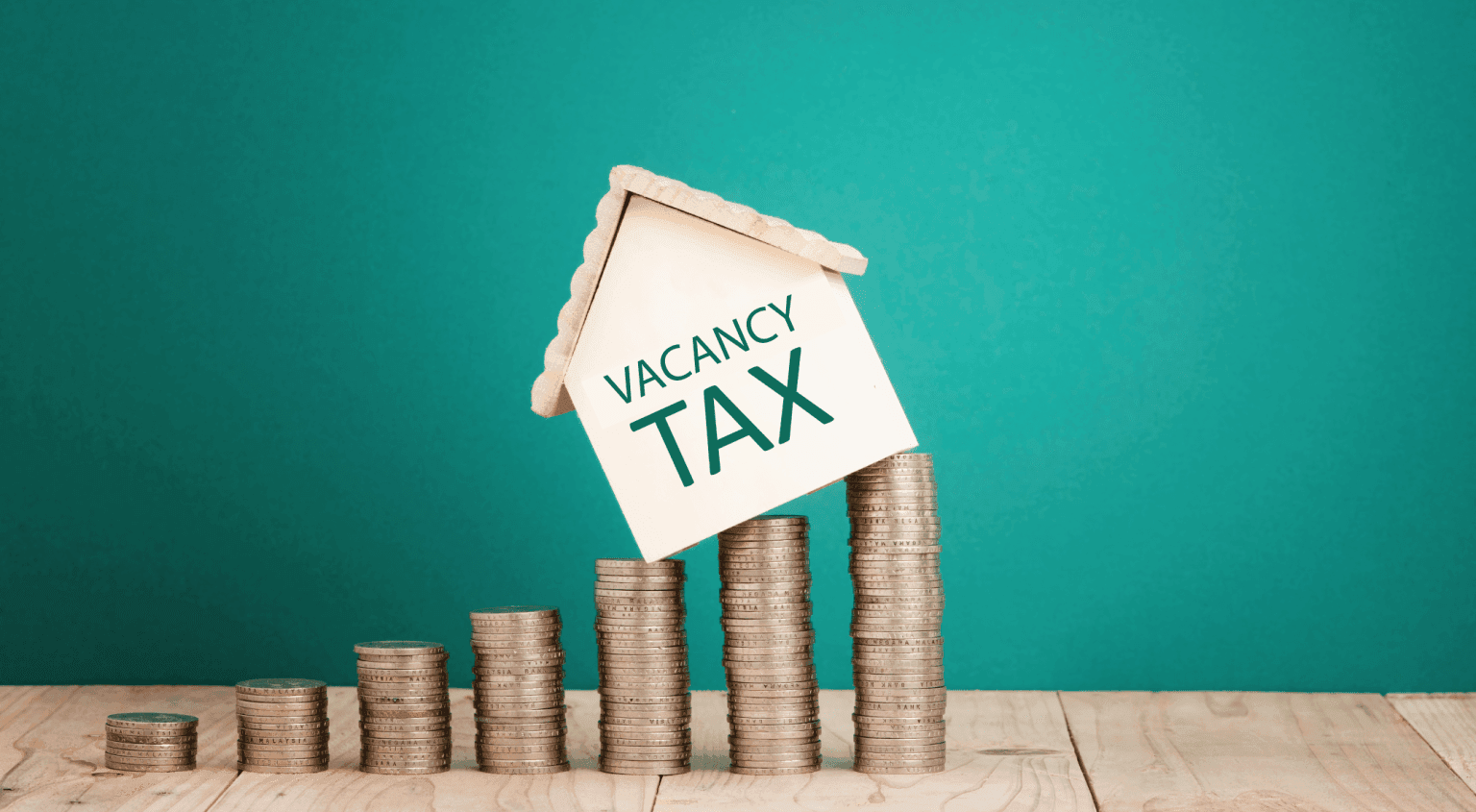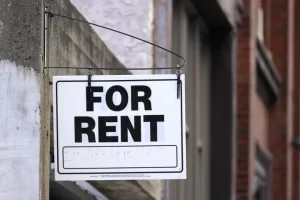Much like its neighbor to the south, Canada’s housing market has experienced massive inventory shortages over the last couple of years. While the COVID-19 pandemic is a major contributor in helping shrink inventory, rising real estate prices and cheap financing also continue to adversely impact affordability.
In an effort to make affordable housing more accessible, the Canadian government plans to levy a new home vacancy tax in 2022. Supporters of the new proposal cite that putting added pressure on owners and investors alike will make more properties available to renters and buyers, providing some much-needed relief.
A recent 2020 study that uses data from the Organisation for Economic Co-Operation and Development (OECD) found that there are roughly 1,340,364 vacant homes across the entire country.1 Although that’s a startling number, realistically not all these homes may fit the criteria for the new vacancy tax.
Many analysts also argue that similar taxes implemented in the past haven’t yielded meaningful results. Furthermore, this tax could be deviating attention away from the real underlying factors impacting housing affordability issues.
As a property owner and investor, the vacancy tax will affect decisions about how you manage your real estate portfolio. It’s important to understand the impact this new tax will have on your bottom line. Here is everything you should know and consider for your finances as the new vacancy tax rolls out.
Factors For Properties Owners to Consider
Information about the new vacancy tax rate suggests the federal government approved a 1% annual tax on the value of for vacant or underutilized properties. The tax applies to owners of non-resident properties, as well as any non-Canadian-owned properties.2
The burden of declaring a property as vacant is being left up to property owners. When you file your taxes, you will have to declare to the Canada Revenue Agency if your home falls under the vacancy classification criteria the given tax year and pay the necessary tax where applicable.
Note that this requirement would not apply to individuals who are Canadian citizens or a permanent resident of Canada (unless you hold interest under partnership or a trust). Failing to report an applicable property vacant could have further legal and financial consequences.
Vacancy Classification Criteria
For the purposes of this new legislation, a home would be considered vacant if it has been unoccupied for six months or longer in the most recent calendar year.3 Similarly, homes that have been already legally classified as vacant under law would also apply.3
However, exceptions to the rule have also been implemented. For example, homes where the owner has become recently deceased, are actively being renovated, or are occupied seasonally a portion of the year by owner-occupants would not fall under vacancy classification criteria.3
Other exemptions include properties being held as inventory, properties that are uninhabitable, and real estate that might be owned under a Canadian corporation, partnership, or trust where owners meet certain exemption requirements.4
Capitalization Rate (Cap Rate) and Return on Investment (ROI)
While on one hand 1% seems like a hefty hit to any investor’s capitalization rate and return on investment, in the grand scheme of things it should only apply to a handful of taxable properties.
Using Toronto as an example, if you assume a sampling of 1% of the housing inventory is subject to the new taxation requirements, then roughly 6,400-9,600 units may be impacted (factoring in some variance).
Even if you are impacted and your net operating income decreases, if you are a property owner who holds multiple units, incrementally increasing rent on your other holdings could offset this expense.
Nevertheless, you should either prepare to absorb this vacancy tax when considering the capitalization rate for new investments and return on investment for existing holdings or consider restructuring how the ownership in the property is held.
Setting up a Canadian corporation and reallocating ownership could help avoid the extra expense. Just remember to consult a licensed tax advisor before making any significant changes.
How Will the New Tax Impact Local Housing Markets?
The new vacancy tax should provide the government with additional tax revenue with the goal of expanding affordability throughout the housing market, especially through southwestern Ontario.
Critics argue that the vacancy tax will not have the effect the government intends. History shows Vancouver introducing a similar tax in 2018 and found it only applied to a handful of properties (way less than anticipated).5 In the following year, the number dropped even further, and the tax revenue collected was marginal to say the least.5 This leads many experts to think the overall impact of the new vacancy tax will be pretty low.
If new inventory does trickle into the market, it could dilute home prices and impact the value of properties existing property owners hold, but the effect wouldn’t be noteworthy.
Alternatively, those opposed to the new vacancy tax advocate addressing other factors in housing that have also helped propagate the affordability crisis but could have a larger impact on affordability as a whole.
Cheap financing and liberal lending practices are two things that have exacerbated the Canadian housing crisis. For example, many homebuyers can now get a standard mortgage with a rate in the ballpark of 1-2%.
A way to make housing more affordable would be for the government to increase interest rates to help cool demand and thereby alleviate pressure on home prices.5 They could also implement more restrictive underwriting requirements for loans to non-resident investors.5
An implementation of any of these options should be more cause for concern for existing property owners. Yet, no such changes appear to be on the horizon just yet.
Sources
1 Grant, C. (2021, October 25). Study estimates over 1,340,000 empty homes in Canada. Canadian Real Estate Wealth. Retrieved January 9, 2022, from https://www.canadianrealestatemagazine.ca/news/study-estimates-over-1340000-empty-homes-in-canada-334880.aspx
2 Lee-Shanok, P. (2021, June 04). Is it time for Ontario to slap a tax on vacant properties, real estate speculation? The NDP says so | CBC News. Retrieved January 9, 2022, from https://www.cbc.ca/news/canada/toronto/ndp-propose-vacancy-and-speculation-tax-1.6052704
3 Neufeld, A. (2021, July 16). Toronto vacant home tax to come into effect next year: City council. Retrieved January 9, 2022, from https://toronto.ctvnews.ca/toronto-vacant-home-tax-to-come-into-effect-next-year-city-council-1.5511221
4 KPMG. (2021, August 19). Canada: Proposal for federal 1% tax on “underused” or vacant homes owned by non-residents. Retrieved January 9, 2022, from https://home.kpmg/us/en/home/insights/2021/08/tnf-canada-proposal-for-federal-1-percent-tax-on-underused-or-vacant-homes-owned-by-non-residents.html
5 Tsai, D. (2021, October 25). Empty home taxes won’t solve Canada’s housing problems. Retrieved January 9, 2022, from https://www.theglobeandmail.com/opinion/article-empty-home-taxes-wont-solve-canadas-housing-problems/






